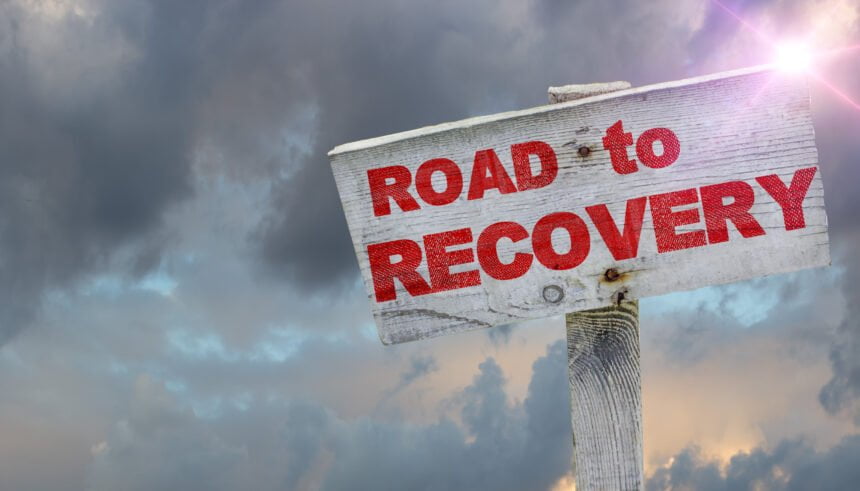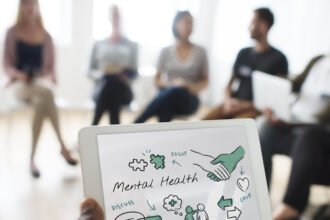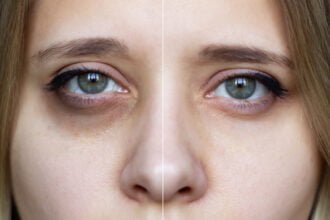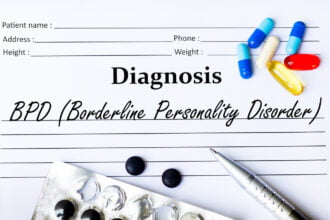The journey of recovery from mental health or addiction challenges can often be lonely and isolating, as societal stigma and misconceptions still persist. However, a powerful tool in breaking down these barriers and dispelling the stigma is the sharing of personal stories.
These stories have the ability to inspire hope, provide comfort, and empower others who may be struggling to seek their own path to recovery.
In this discussion, we will explore the transformative impact of sharing personal stories, how they can challenge societal misconceptions, and ultimately create a supportive environment for healing and growth.
The Power of Personal Stories
Personal stories can inspire, generate empathy, and offer a highly personal and accessible viewpoint on recovery. Recovery frequently involves ups and downs, successes and failures. These stories can give people hope, strength, and inspiration as they heal.
Sharing recovery stories lets others see the struggles and perseverance they overcame. These narratives provide connection and understanding and remind us that recovery is possible despite adversity.
Resilience is crucial to healing. Personal recovery stories can inspire and guide people in need. Sharing experiences can inspire others and show them that they are not alone in their troubles and that there is a way out.
Breaking Down Barriers
Sharing personal recovery stories breaks down boundaries and unites people on their healing journeys. These stories challenge preconceptions and promote inclusivity, making people feel seen, heard, and understood.
Personal recovery stories help overcome mental health and addiction stigma. Those who battle with these challenges are typically stigmatized, making them seem weak or imperfect. When people openly share their tales of overcoming these problems, they challenge these preconceptions and show that everyone has strength and resilience.
Personal recovery stories challenge preconceptions and encourage inclusivity. They demonstrate that everyone can heal. These stories celebrate the diversity of experiences, backgrounds, and recovery paths, uniting marginalized people.
Sharing recovery tales inspires and gives hope. They urge people to ask for help, believe in themselves, and overcome obstacles. Sharing these tales helps break down stigma and create a society that supports everyone’s healing path.
Inspiring Hope and Encouragement
Personal healing stories can inspire transformation and resilience. These stories illuminate the lives of persons who overcame obstacles, inspiring and encouraging others.
Here are four ways in which personal stories can inspire and encourage:
- Real-life examples: Personal stories provide tangible evidence that recovery is possible. They show that others have faced adversity and emerged stronger, giving individuals the belief that they too can overcome their own challenges.
- Shared experiences: Hearing stories from individuals who have walked a similar path can create a sense of belonging and connection. It reminds individuals that they are not alone in their struggles and that there is a community of support available to them.
- Lessons learned: Personal stories often share valuable insights and lessons learned along the journey to recovery. These lessons can provide guidance and encouragement, helping individuals navigate their own healing process.
- Role models: Personal stories introduce individuals to role models who have overcome obstacles and achieved success. These role models serve as beacons of hope, inspiring others to persevere and believe in their own ability to heal.
Providing Comfort and Understanding
Sharing personal recovery stories can be a powerful tool in helping others heal and find inner peace. This approach places a strong emphasis on fostering empathy and connection.
When individuals share their recovery narratives, it reminds those listening that they are not alone in their struggles. It provides a profound sense of belonging and demonstrates that others have successfully surmounted similar obstacles and experienced personal growth. This recognition allows people to connect with others and validate their own emotions and experiences, ultimately nurturing the development of empathy.
Listening to stories of recovery instills hope within individuals as they embark on their own journey towards healing. It fuels the belief that they too can overcome their challenges and find their path to recovery. Hearing personal accounts of individuals who have triumphed over adversity serves as a powerful source of inspiration, motivating others to persevere.
Learning from the experiences of those who have faced similar issues, individuals can draw upon this knowledge as they work towards their own healing. This process of sharing and learning is especially impactful when facilitated within an addiction treatment center, where individuals can find the support and guidance they need on their path to recovery.
Empowering Others to Seek Recovery
Through the power of shared experiences and unwavering support, individuals can be empowered to embark on their own path to recovery. When it comes to recovery, it is essential to promote support networks and encourage self-reflection.
Here are four ways we can empower others to seek recovery:
- Building strong support networks: Recovery requires strong support systems. We provide a secure space for people to share their concerns, receive advice, and find consolation by linking them with others who have had similar challenges. These networks help people feel supported and not alone.
- Sharing personal stories: Sharing our stories shows others that recovery is possible and they may overcome their obstacles. These stories give hope that everyone’s journey is different but that healing and reclaiming one’s life are attainable.
- Encouraging self-reflection: Self-reflection helps people grow and recover. We assist people understand themselves and their triggers by exploring their ideas, feelings, and behaviors. Self-awareness helps create efficient coping skills for cravings, stress, and unpleasant emotions.
- Providing resources and information: Empowering others to recover requires providing resources and information. This can include treatment alternatives, therapeutic methods, support groups, and educational resources. We empower people to make informed recovery decisions and take proactive measures toward healing by providing knowledge.
Conclusion
Sharing personal stories of recovery has the power to break down barriers, inspire hope and encouragement, provide comfort and understanding, and empower others to seek their own path to recovery.
These stories are like a guiding light, illuminating the way for those who may feel lost or alone in their struggles. By sharing our experiences, we can create empathy and connection, fostering an environment of support and encouragement for all.
Together, we can overcome stigma and create a brighter future for mental health.










